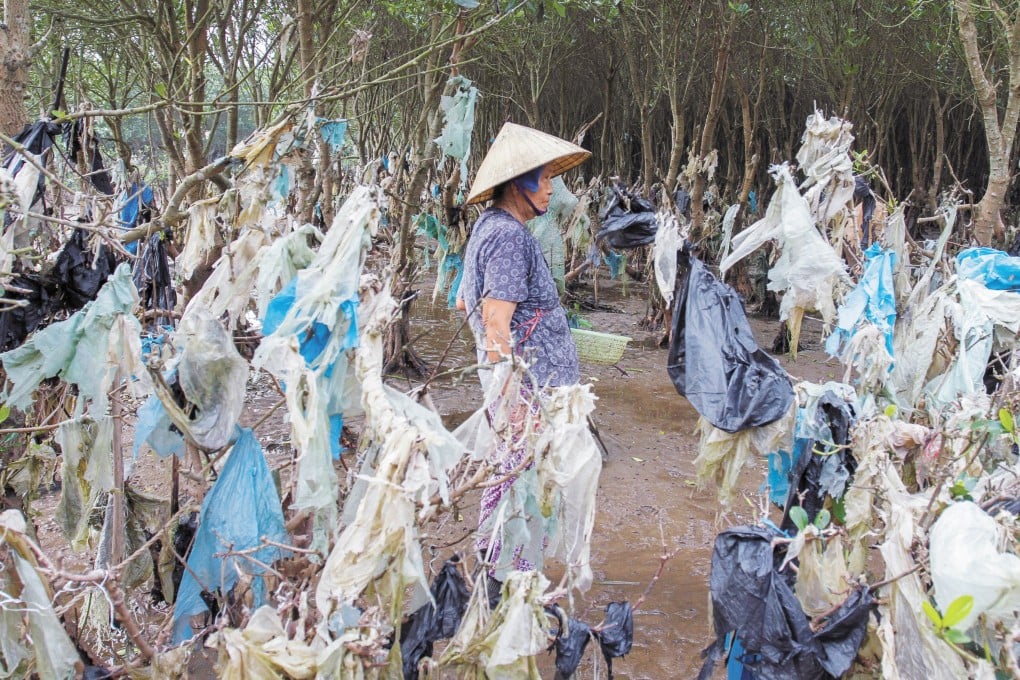Why Asia needs to wake up to plastic waste in our oceans, and how banning single-use items would be a vital step forwards
- Five Asian countries are responsible for more than half the plastic waste in the oceans. While there’s been much talk of change, there’s been little real action

Dusted with white sand beaches and lush forests, Japan’s palm-fringed southern islands are home to coral reefs and nesting sea turtles, and provide a safe migration route for whales.
A large swathe of this part of the country, from Kagoshima to Okinawa prefecture, has been awarded Unesco status due to the endemic and endangered species found here.
But Japan’s beaches are far from a pristine paradise. Sink your toes into the sand and you’ll have to dodge the odd toothbrush sticking out or kick away some washed-up food packaging.
Waves of detritus scatter the shoreline, from old fishing equipment to lonely soles of shoes, often raked into a pile and burnt by elderly locals.

It is an old problem that for all the big talk and broad activism still hasn’t gone away. And it is not just Japan. Five Asian countries – China, Indonesia, the Philippines, Vietnam and Thailand – are responsible for more than half the plastic waste in the oceans.
Hong Kong’s plastic problem washed ashore in 2021, with enough plastic bottles and fishing nets to result in beach closures.
